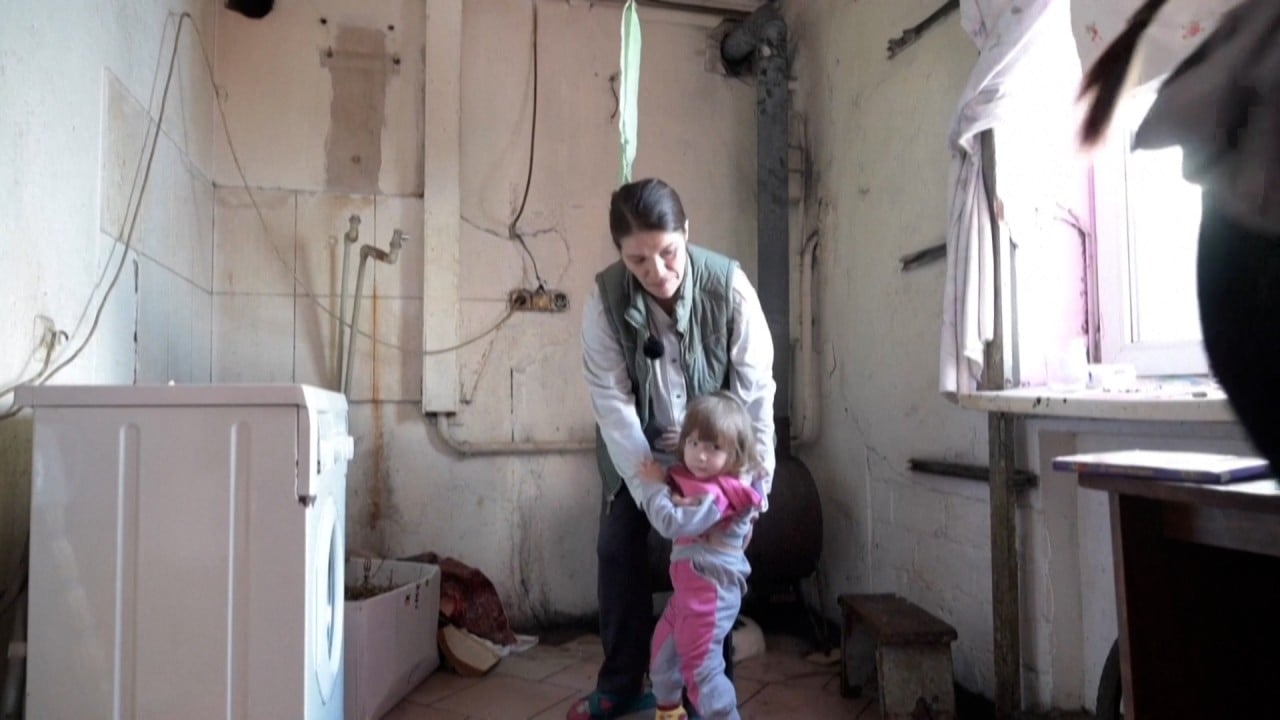Opinion | How competing realities over Ukraine and the Indo-Pacific are muddying the geopolitical waters
- While geopolitical tensions are rising in well-known hotspots, the fiercest competition is over more abstract notions of truth and reality
- The assertion of alternative realities has been front and centre in recent interactions between the US, Russia and China, creating even greater confusion

Thus, while the changing international landscape is creating regional headaches, the threat of large-scale war remains remote for now. Conflict and competition are undoubtedly increasing in these relationships, but this is at its fiercest at a more abstract level than traditional security dilemmas: truth and reality.
International relations has always been a complex web of different levels, actors and ideologies. Even so, it has arguably become much more complex since the advent of cyberspace as a key realm of human affairs.
Rather than liberate people, as technological utopians had hoped, cyberspace has merely increased the “sea of irrelevance” to the point where people are less certain what is true or real. Truth and reality are more contestable than ever, and this also seems to be the case with international relations.
As the political theorist Andreas Nohr notes, the politics of truth is traditionally “the struggle at the most general level of society where the true is separated from the false and where what gets to count as truth and reality is decided”.


